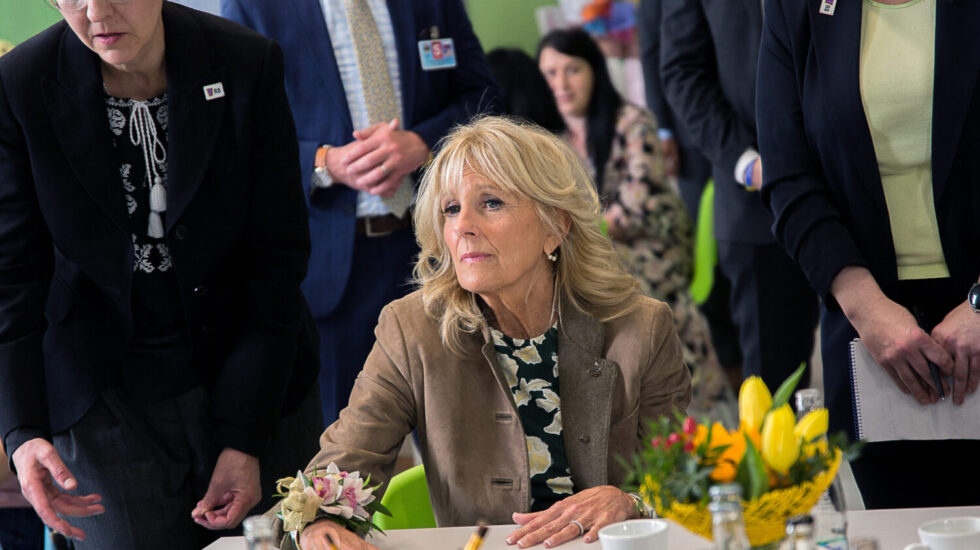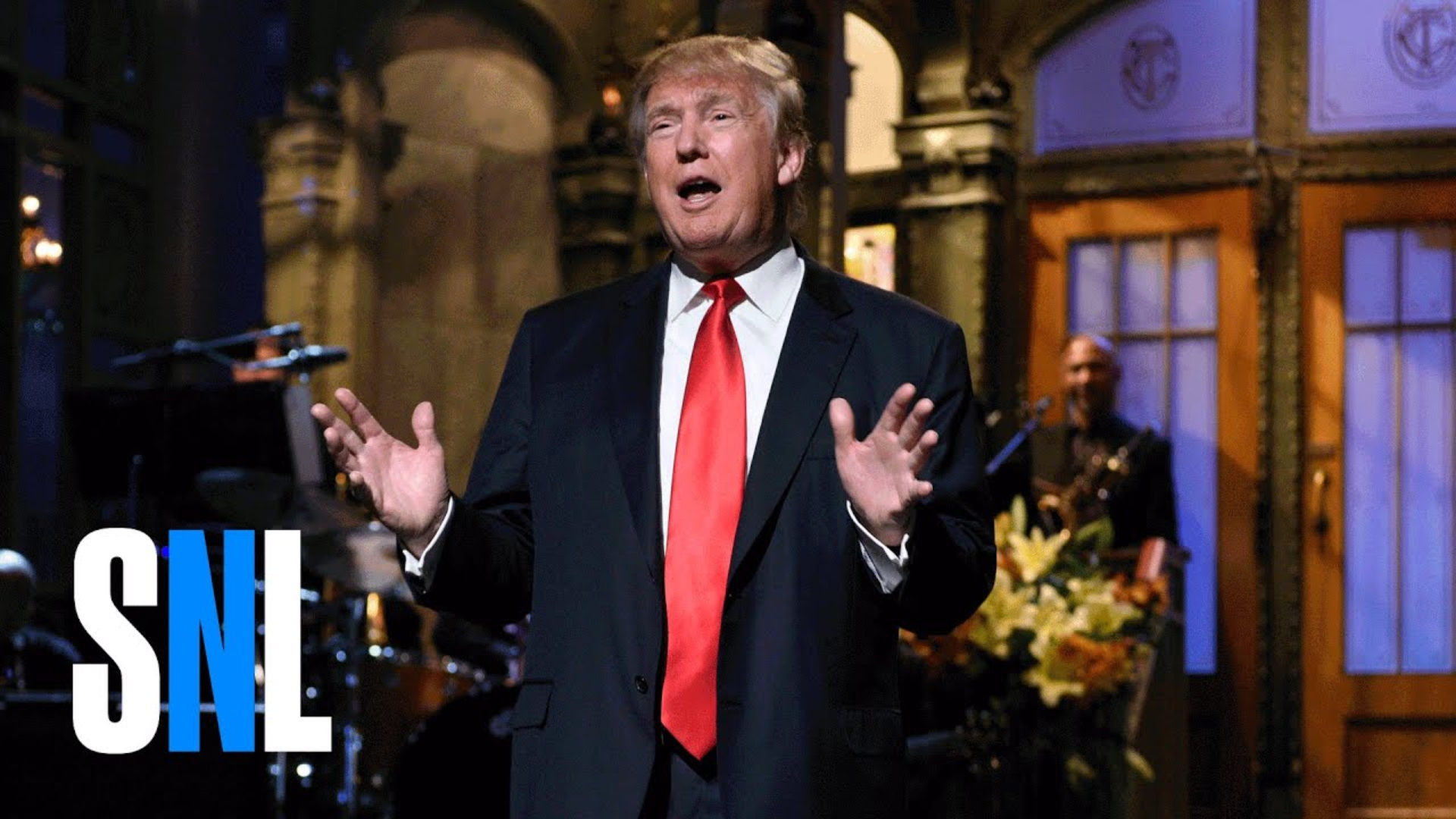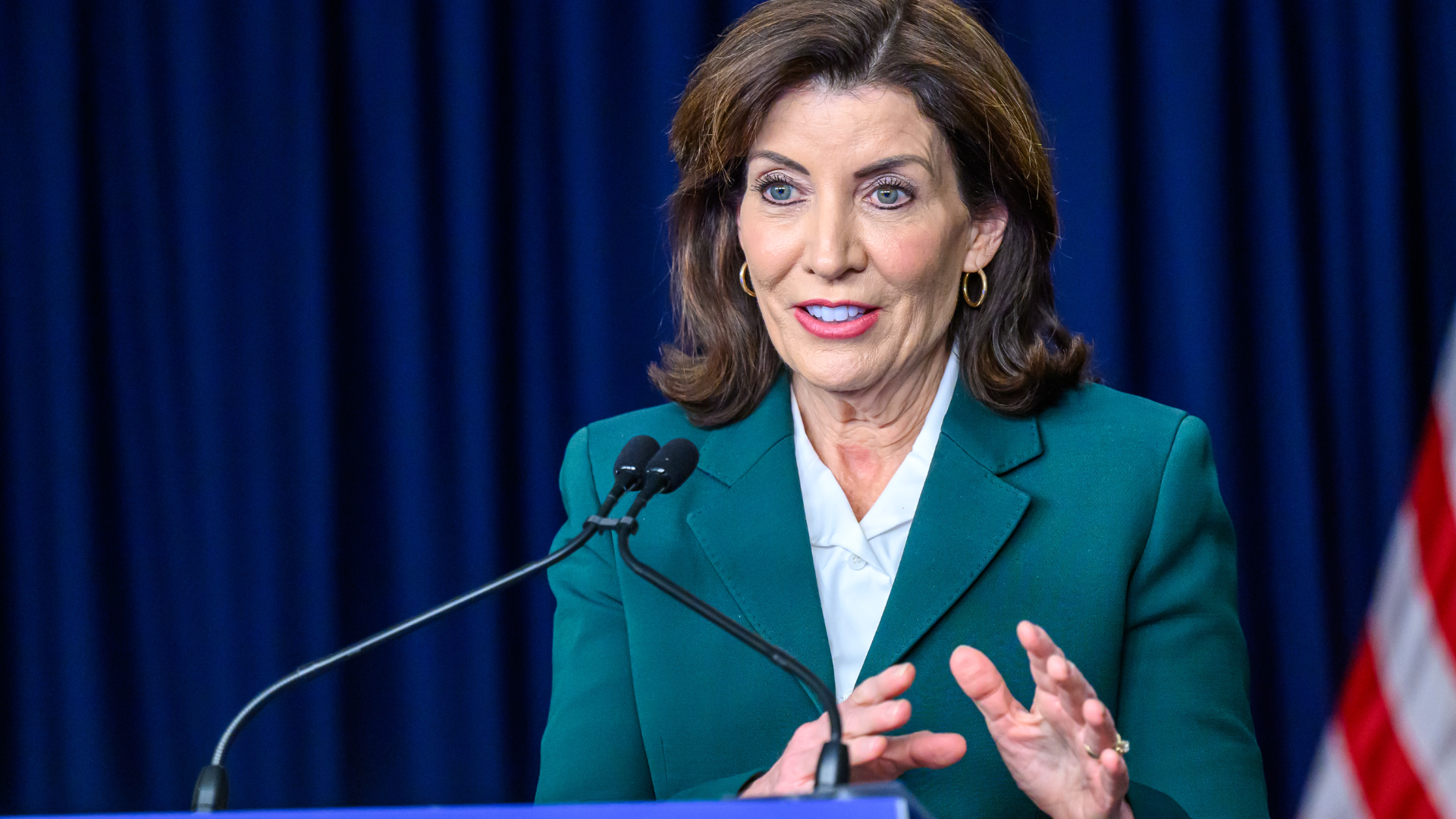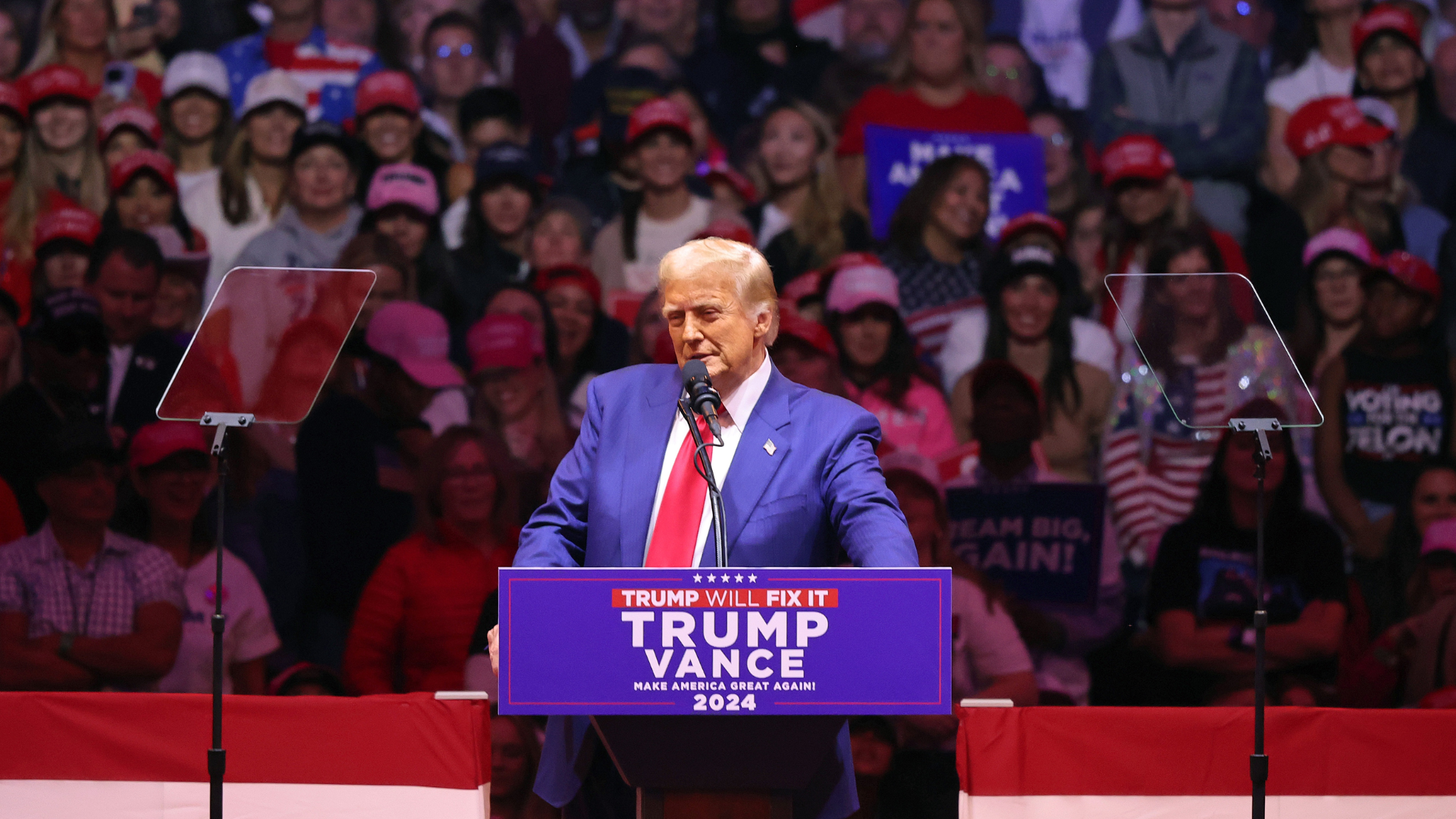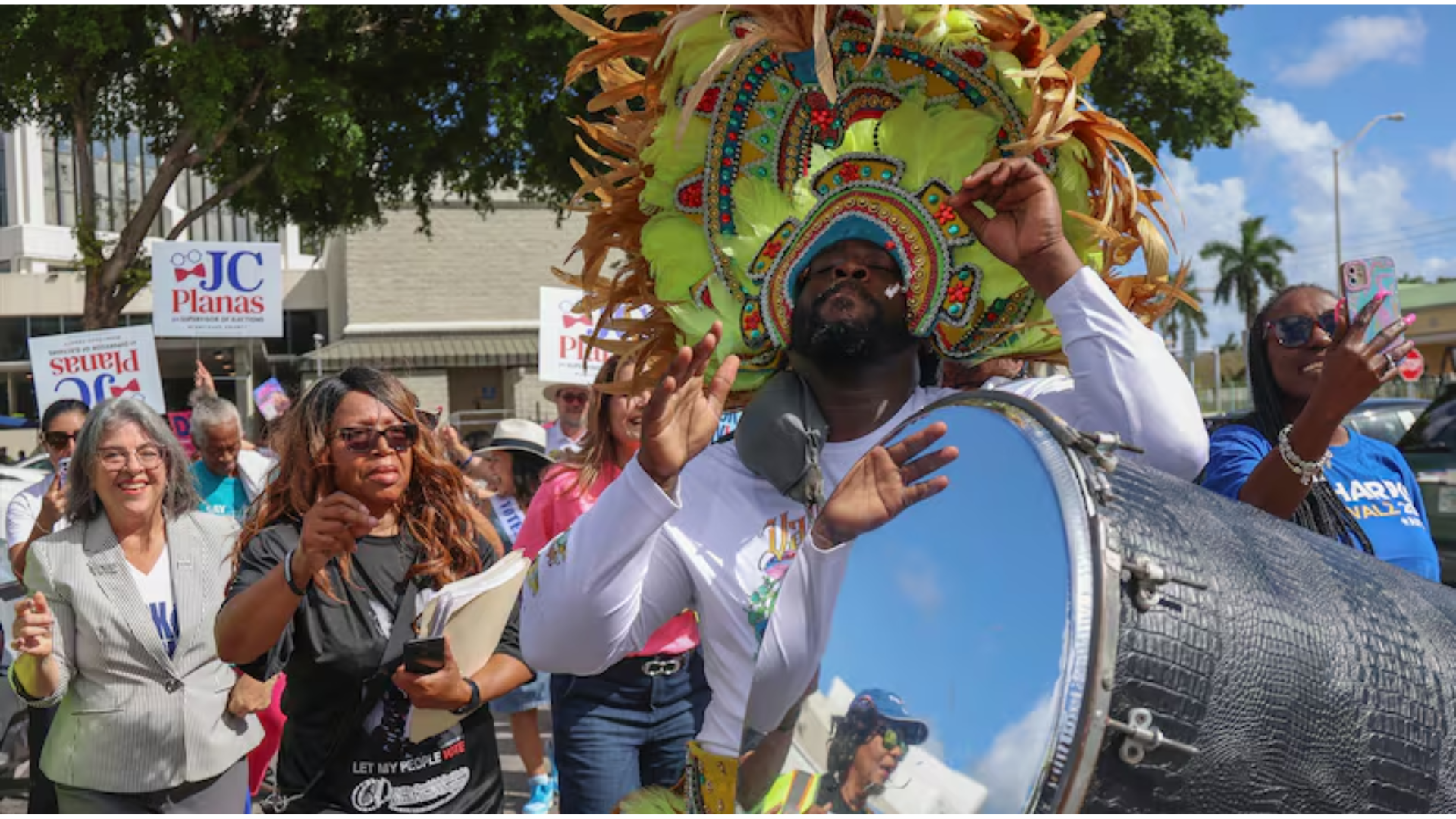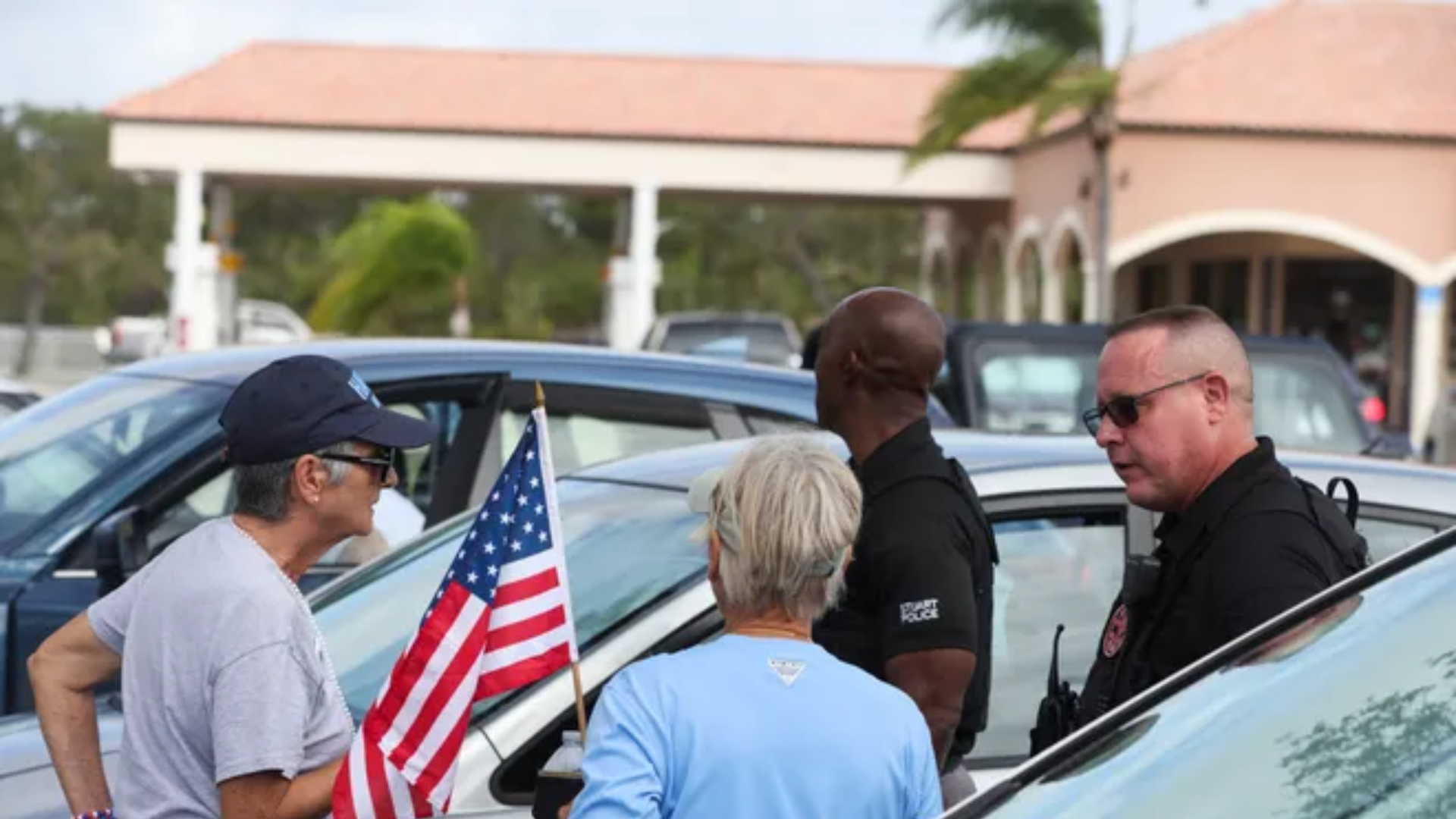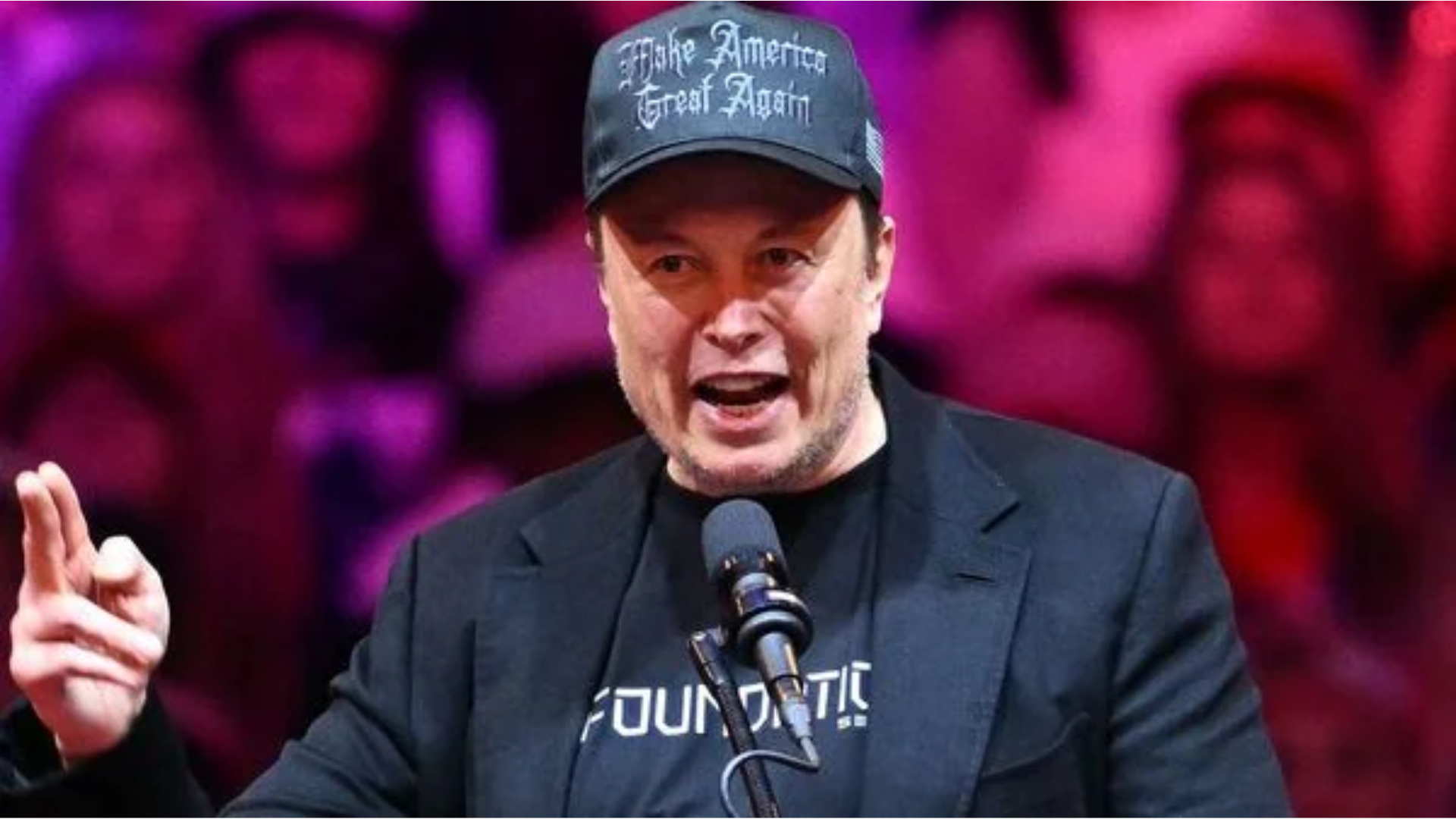
A former Sports Illustrated swimsuit model, Stacey Williams, has come forward with allegations that Donald Trump groped her in the 1990s. The incident, she claims, took place in front of Jeffrey Epstein, in what she believes was an attempt by Trump to show off to Epstein.
This revelation adds to a long list of allegations against the former president, who has faced multiple accusations of sexual misconduct since he first ran for office in 2016.
In a recent interview, Williams detailed her alleged encounter with Trump, which she says occurred outside his office in Trump Tower. Williams recounted that she and Epstein were walking along Fifth Avenue in New York City in 1993 when Epstein took her to meet Trump.
According to Williams, as soon as Trump saw her, he pulled her close, groping her while continuing a conversation with Epstein. She described the encounter as one of the “strangest moments” of her life, during which she froze and felt powerless.
Despite the incident, Williams says she did not come forward at the time due to a mix of shock, confusion, and shame.
Trump’s Response and Allegations Denial

The Trump campaign quickly denied the allegations, claiming they were politically motivated. Williams shared her story during a Zoom call organized by the “Survivors for Kamala” group, which supports Vice President Kamala Harris’ presidential campaign.
Although the group is unaffiliated with Harris’ official campaign, the Trump camp suggested that the timing of the allegations—two weeks before the election—was a deliberate distraction orchestrated by Harris’ team.
A Trump campaign spokesperson dismissed Williams’ account as fabricated, further asserting that the handwriting on a postcard Trump allegedly sent to Williams was not his.
The postcard in question, which Williams said was delivered to her modeling agency soon after the encounter, featured an image of Trump’s Mar-a-Lago resort and contained a brief message from Trump: “Stacey, Your home away from home. Love, Donald.”
Williams insists that her decision to come forward was not politically motivated. She explained that it was her participation in a documentary about the Sports Illustrated swimsuit issue that finally prompted her to speak out more publicly.
The documentary, released recently, included her account of the incident, though she did not initially name Trump. With the documentary’s release and increasing public interest, Williams felt compelled to finally share her full story, despite the proximity to the upcoming election.
Epstein’s Role and Williams’ Decision to Speak Out
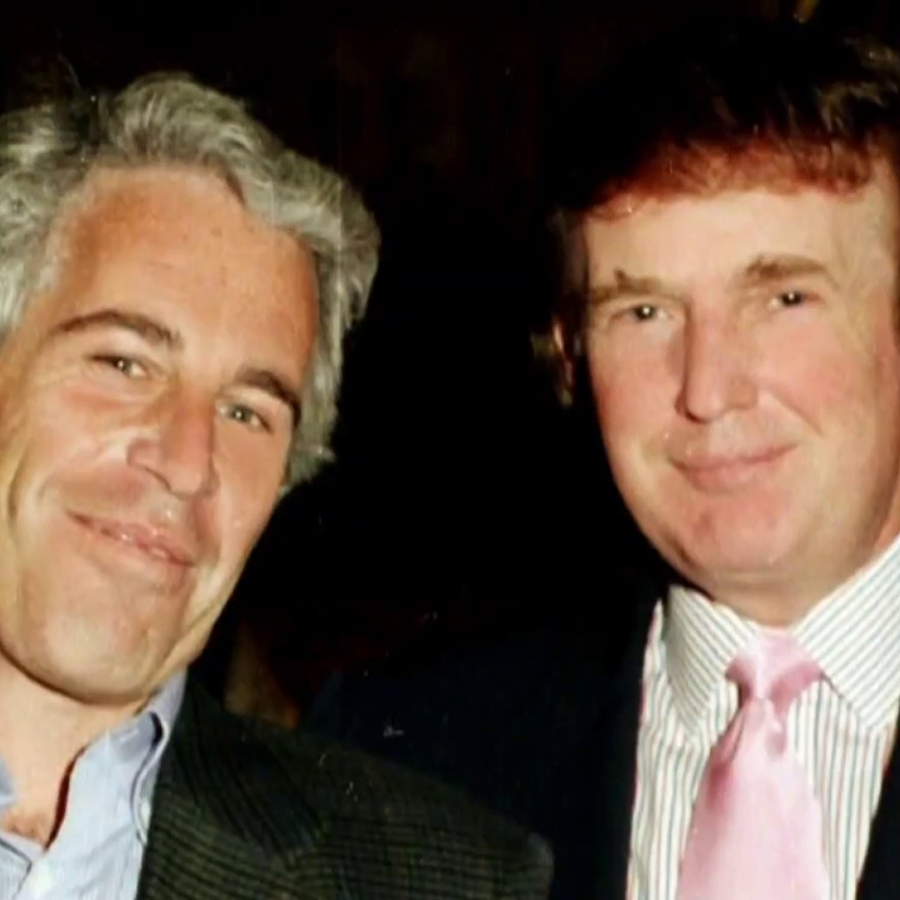
In her account, Williams also highlighted her brief relationship with Jeffrey Epstein, a convicted s*x offender who died in jail in 2019. She revealed that she met Epstein in 1992 through a mutual friend and began seeing him socially.
However, she eventually distanced herself from him after realizing there was “something very dark and disturbing about him.” Williams told she saw Epstein only once or twice after the incident at Trump Tower before cutting ties with him completely.
One of the more chilling parts of Williams’ story is her description of Epstein’s reaction after they left Trump Tower. According to Williams, Epstein remained silent in the elevator but berated her once they were outside, accusing her of allowing Trump to grope her.
She recalled feeling a “wave of shame” and described the incident as a twisted game between Trump and Epstein, further intensifying her sense of humiliation and disgust.
Williams explained that she suppressed the memory for many years, locking it away mentally and avoiding any social situations where she might encounter Trump. It wasn’t until Trump announced his run for president in 2015 that she began to confront the memory.
At that time, she shared her story with a close friend after finding the postcard Trump had sent her in a pile of old mementos.
While she chose not to speak out during Trump’s 2016 campaign, the #MeToo movement in 2017 gave her the confidence to start discussing the incident. However, it wasn’t until the release of the documentary in 2022 that she felt ready to publicly confront what had happened to her.
Williams has been a long-time supporter of Democratic causes and has worked on climate and energy issues. Despite her political involvement, she maintains that her decision to speak out now was driven by the documentary’s release and not by any political agenda.
With less than two weeks until the presidential election, Williams hopes her story will inspire others to reconsider their support for Trump. She referred to the idea of Trump returning to the White House as her “absolute worst nightmare,” emphasizing that her primary motivation for coming forward was to prevent him from regaining power.
In the context of ongoing debates about Trump’s conduct and character, Williams’ account serves as yet another piece in the complex puzzle of accusations and denials that have defined his public life. Whether or not these allegations will sway voters in the upcoming election remains to be seen, but for Williams, sharing her story has provided her with a sense of closure and relief after decades of silence.
